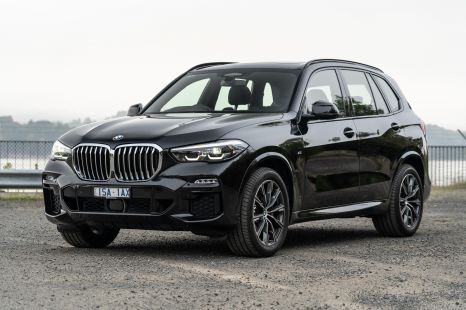

William Stopford
BMW recalls over 16,000 vehicles in Australia due to fire risk
9 Minutes Ago

Contributor
Nissan is dramatically increasing its electric car battery production capacity in the United Kingdom.
The company has this afternoon announced plans for a £1 billion ($1.8 billion) electric vehicle hub in Sunderland, including a nine gigawatt-hour batteryfactory and a plant which will build up to 100,000 electric cars every year.
Nissan will build an as-yet unnamed electric crossover on the same CMV-EV platform as the upcoming Renault MeganE on an upgraded vehicle assembly line at the new hub.
Australia currently gets the Leaf, Juke, and Qashqai from Sunderland, so there’s a strong chance Nissan’s mysterious Volkswagen ID.4 rival could come Down Under from the UK.
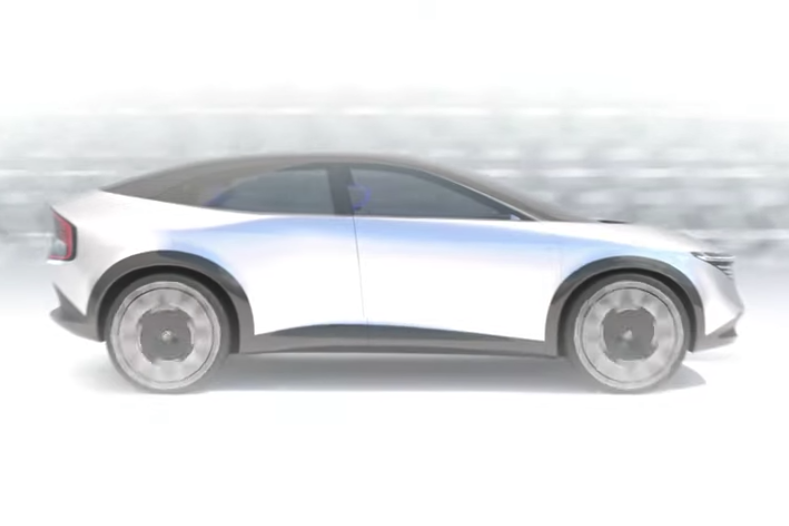
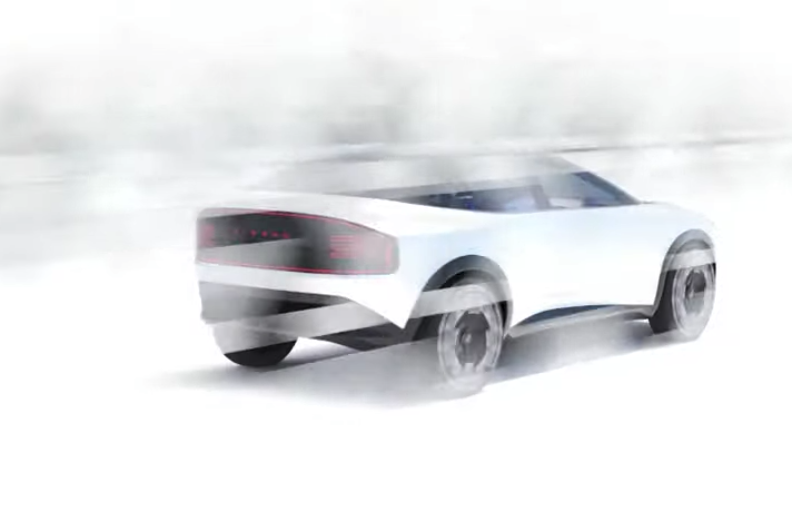
“This new-generation crossover will be building on the success of Qashqai and Juke, and help even more customers make the switch to EV,” said Ashwani Gupta, global Nissan chief operating officer.
Nissan Australia currently builds electric car parts in Dandenong, Victoria, but it’s not yet clear if the Australian and British plants will work in partnership.
The electric car appears to be distinct from the Japanese-made Ariya crossover, which is only made in Japan – and hasn’t been confirmed for Australia.
Nissan’s new battery factory will be able to produce 9GWh of batteries every year, more than four times the capability of Nissan’s current Sunderland site.
The batteries will be Nissan’s new Gen5 cells, which the company says offer 30 per cent more energy density than its current lithium-ion batteries.
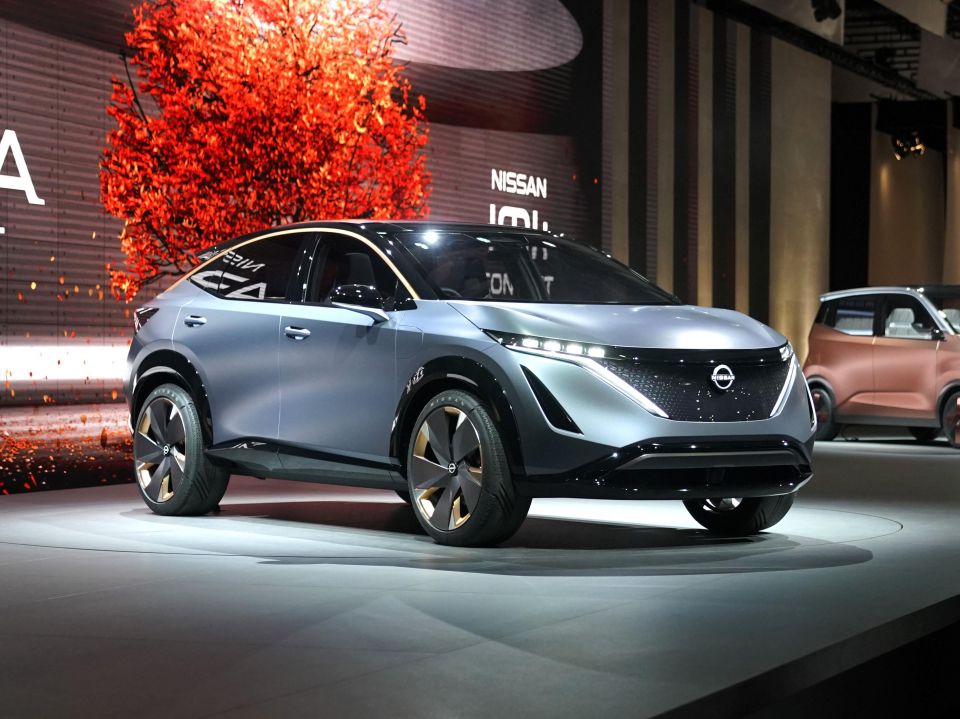
Nissan says there’s potential to expand the site’s capacity to 25GWh by 2030 with further investment from Envision AESC, and could eventually match the Tesla gigafactory in Nevada with a 35GWh capacity.
Nissan says the plant will initially create 750 new jobs and safeguard 300 more.
Powering the electric car hub will be a zero-emissions ‘microgrid’ using second-life battery packs for energy storage. It’s part of a Sunderland City Council project forecast to save 55,000 tonnes of carbon every year.
Nissan will need to rapidly increase its battery output in the coming years.
Along with the Leaf and Ariya electric cars, it plans to reveal more than eight pure-electric cars by 2023, and to expand the availability of its e-Power hybrid system.
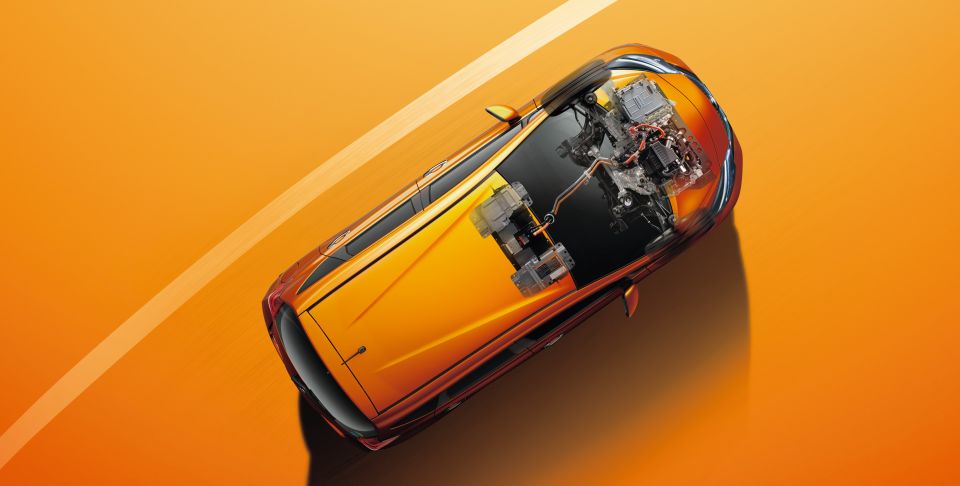
It wants to sell more than 1 million electrified cars per year by the end of the 2023 Japanese financial year.
The move to use the UK as a battery manufacturing hub is a big win for the manufacturing sector, which has been rocked by multiple plant closures in the past few years.
Nissan itself has stopped building the X-Trail in Sunderland due to uncertainty caused by Brexit, although the Leaf, Juke, and Qashqai are all still made in the UK.
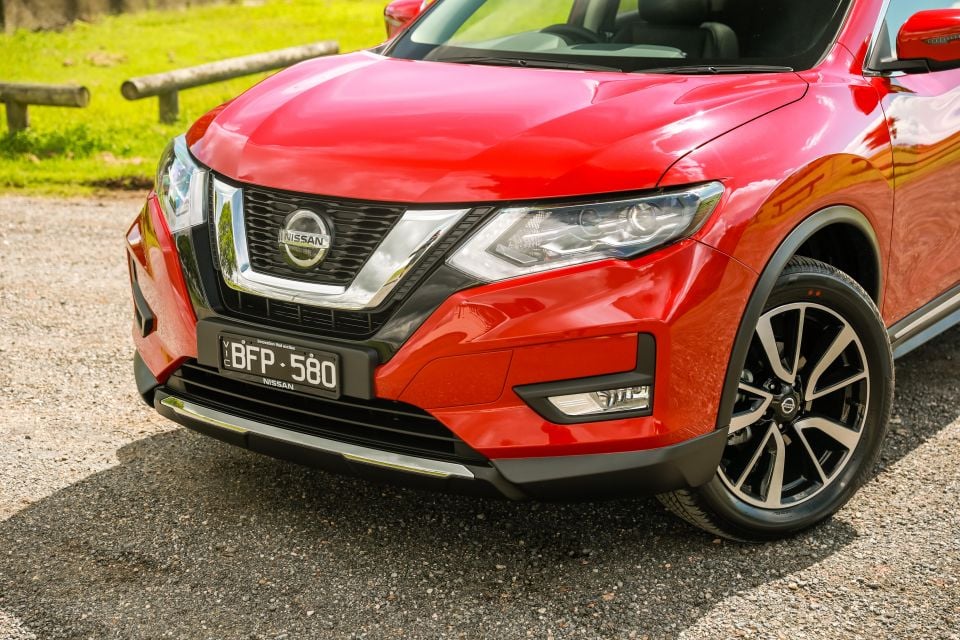
Honda in 2019 announced its Swindon plant will close when production of the current Civic wraps up this year, while BMW has slashed jobs at the Mini plant in Oxford.
British vehicle production hit its lowest point since 1984 (when Margaret Thatcher was in power) during 2020, as COVID-19 lockdowns and economic struggles hit home.
Go deeper on the cars in our Showroom, compare your options, or see what a great deal looks like with help from our New Car Specialists.
Scott Collie is an automotive journalist based in Melbourne, Australia. Scott studied journalism at RMIT University and, after a lifelong obsession with everything automotive, started covering the car industry shortly afterwards. He has a passion for travel, and is an avid Melbourne Demons supporter.


William Stopford
9 Minutes Ago
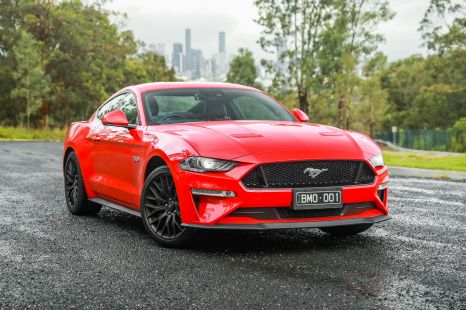

William Stopford
11 Minutes Ago
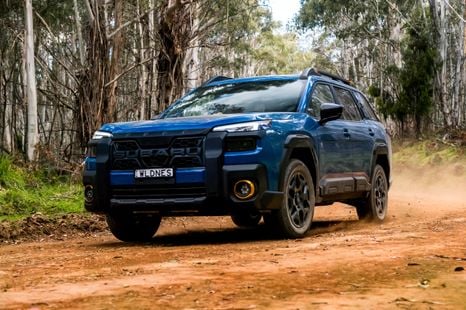

James Wong
2 Hours Ago
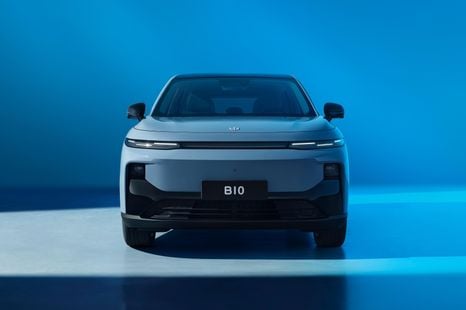

Marton Pettendy
2 Hours Ago
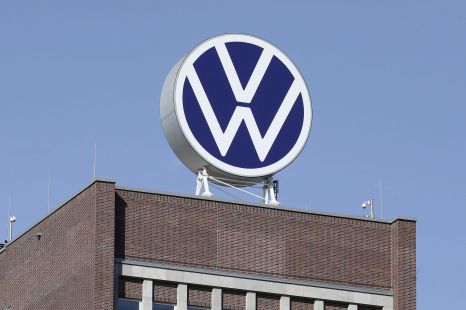

Derek Fung
3 Hours Ago
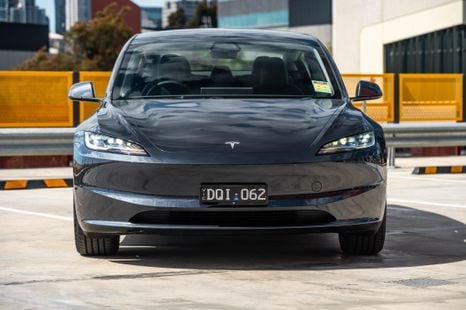

Damion Smy
17 Hours Ago
Add CarExpert as a Preferred Source on Google so your search results prioritise writing by actual experts, not AI.